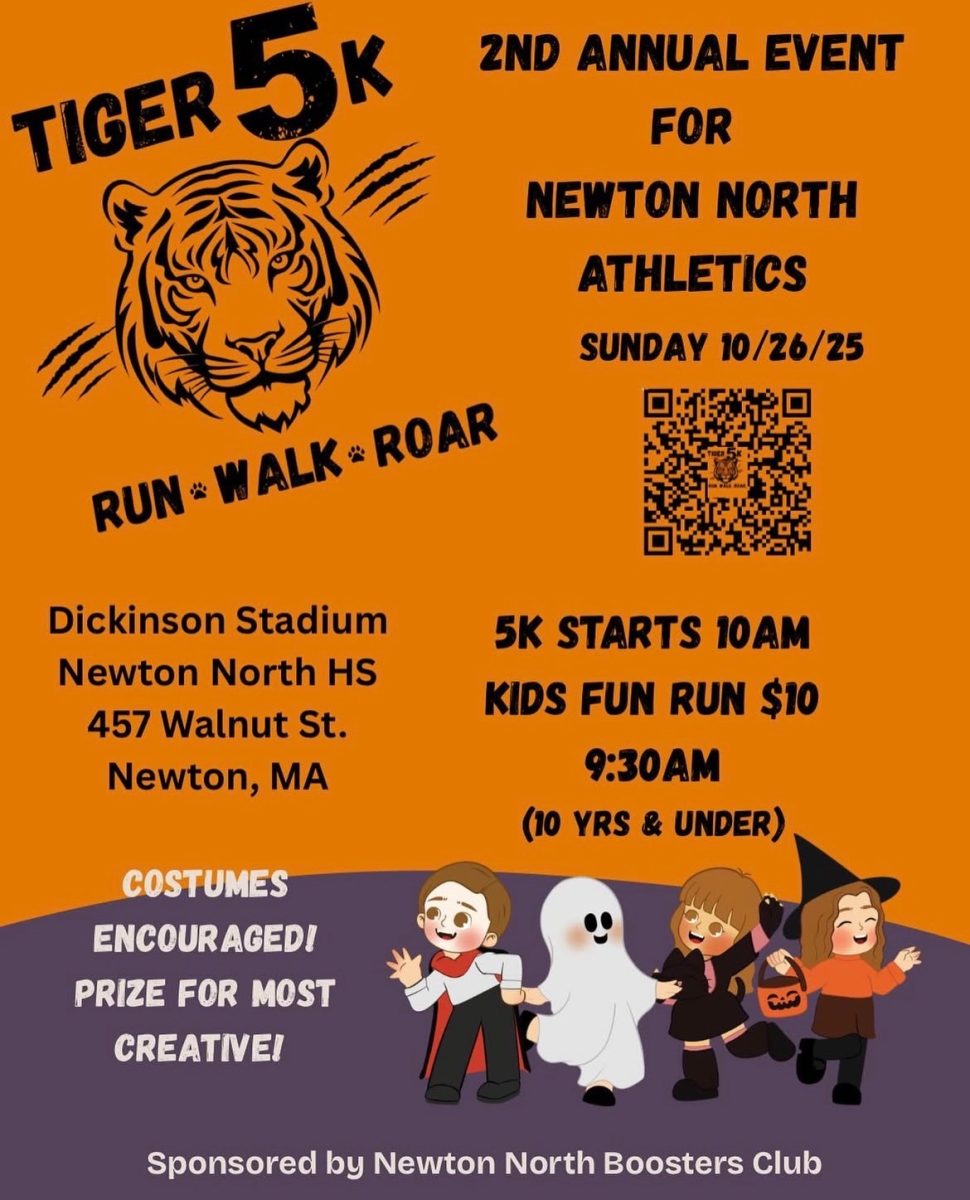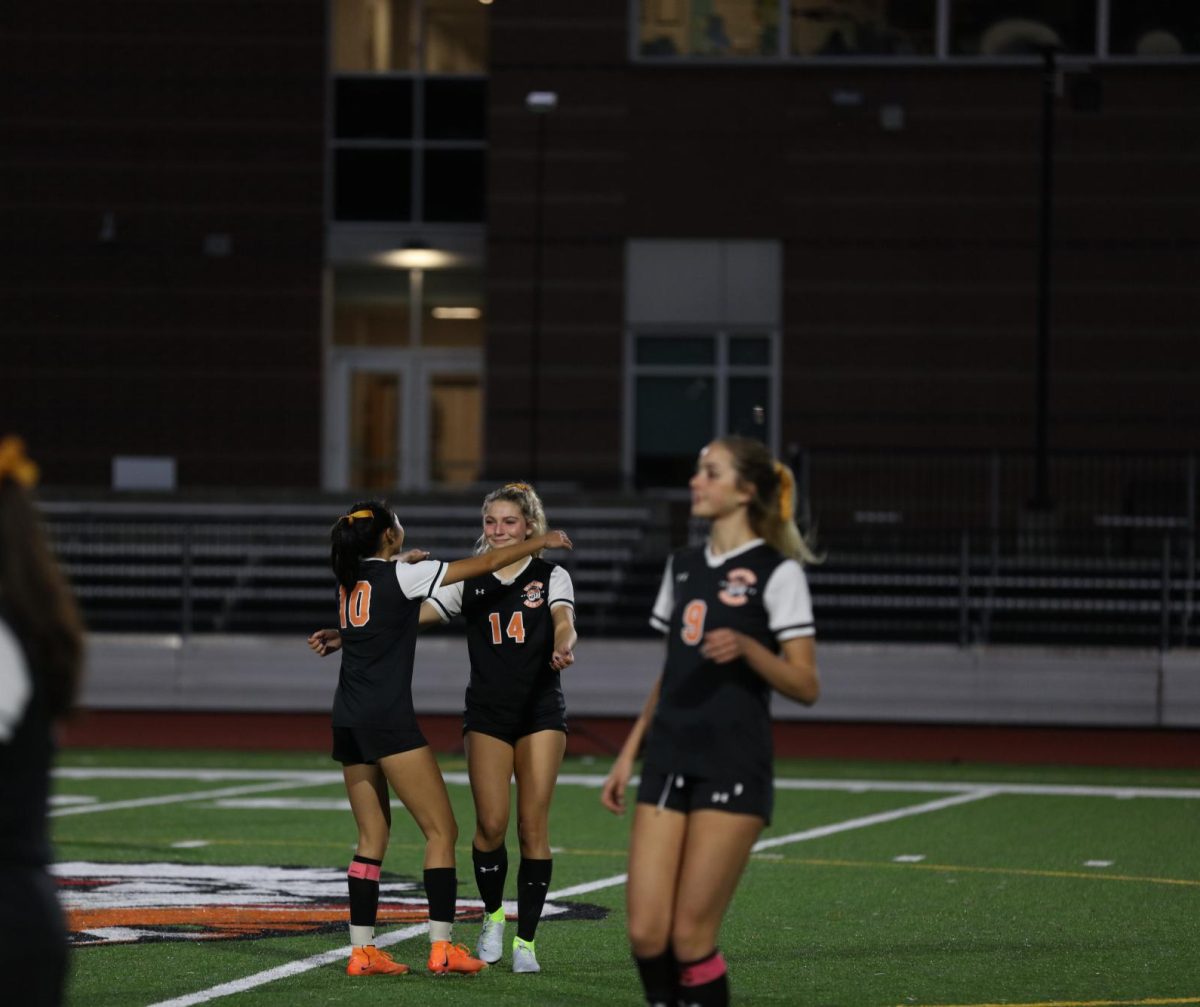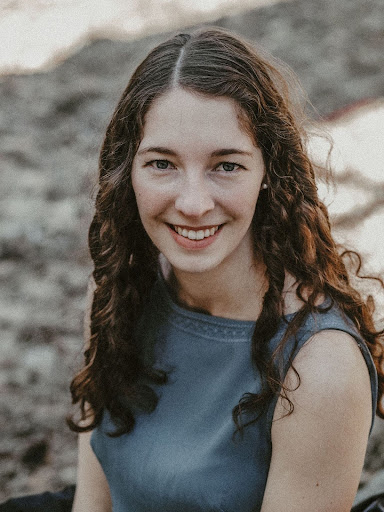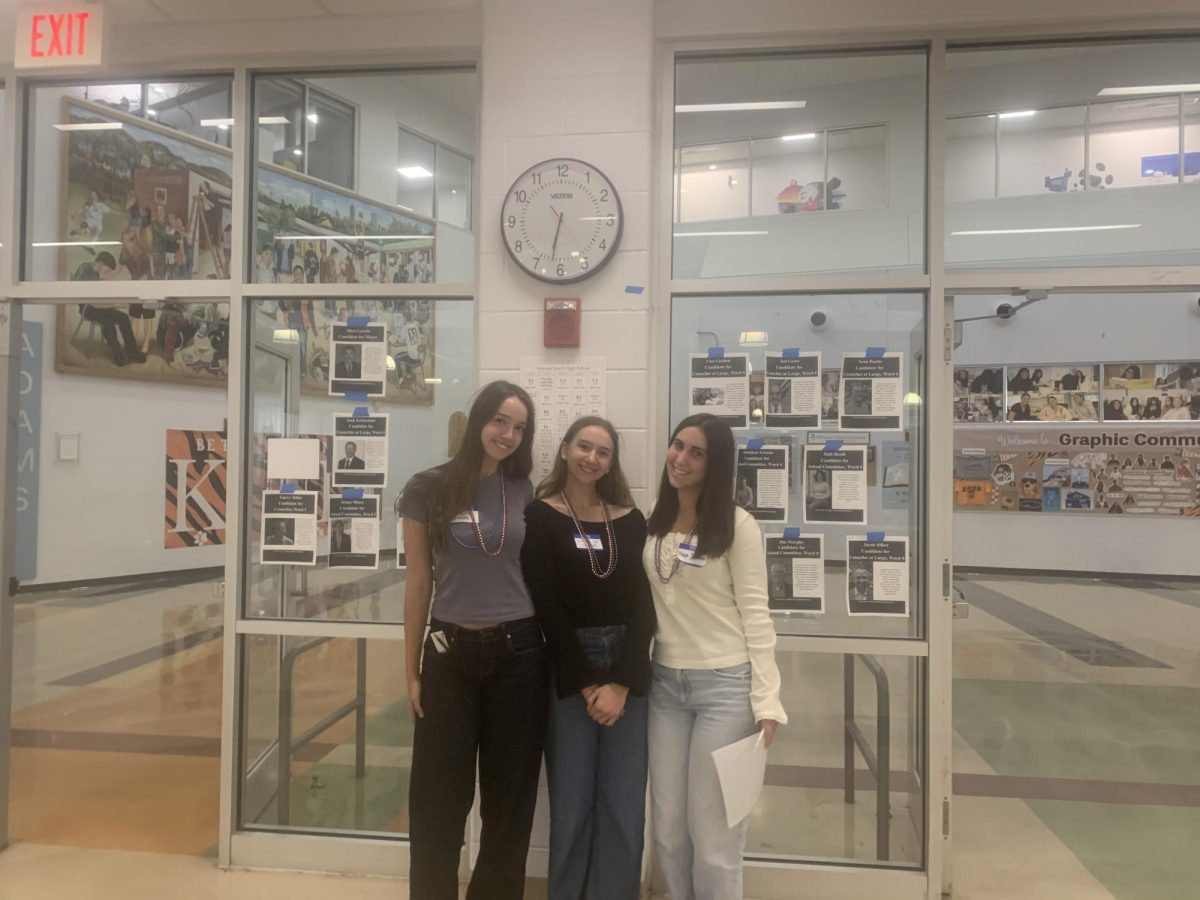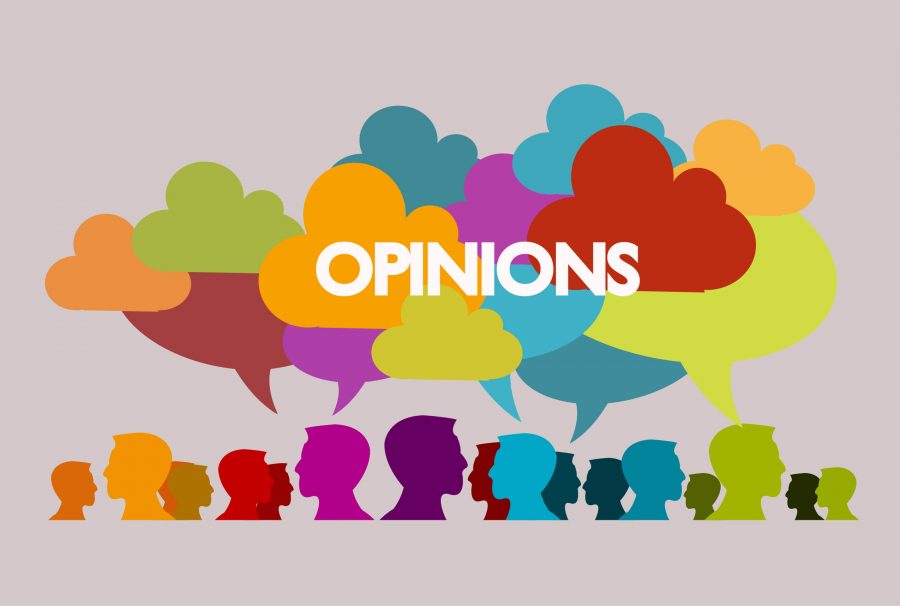“Why I’m Done Trying to Be Man Enough,” a TedTalk created by Justin Baldoni, speaks on him being an actor and seemingly always getting the role of the brooding manly man. This version of “man” Baldoni most often plays is full of machismo, arrogance, and power. In reality, that’s not how Baldoni views himself. The TedTalk explained how this push from Hollywood and societal norms to portray this image of a “man” on television called for self-hatred and a rejection of any “feminine” qualities he may have possessed. For many, this causes a world of conflict. A depiction of how one should be, versus who they really are. Throughout the media, this contradiction can be seen in almost every light. A painting, sculpted to achieve the idea of perfection; that there is only one true beautiful. For men everywhere, the idea of masculinity is defined by these characters Baldoni often plays.
The creation of an idealistic model is not only relevant to the conflict between masculinity and femininity, but also in the realm of race. In terms of feminine beauty, society has deemed white features as perfect: delicate, blonde, and blue-eyed. Society’s one definition of beauty has left the rest of us blind to our own means of beautiful. This notion that one specific type of woman is the portrayal of all feminine beauty is especially harmful to black women. This implies that black women and femininity are not interwoven, impacting black women’s ability to see themselves as beautiful, or equal to white women.
Growing up as a black girl in a predominantly white area, I was not used to seeing other black “feminine” and “beautiful” girls. Black friends were also sparse in the suburbs, so the only person I had to navigate the workings of being a black girl in a white man’s world was me. Media was not the place to turn to when searching for someone who looked like me. Movies and TV shows such as “High School Musical” and “Friends” contain very few—if any—African American characters. And most often then not, these characters were the sidekicks to the white leading roles. Even as a child, I was aware of the differences between what media portrayed and what I saw in the mirror.
My white peers also never had to worry about finding the Barbie doll that was their same color, or a brand of bandages that catered to black skin. I couldn’t even find a Disney princess that looked like me until I was too old to be watching Disney movies. As a child, these products and toys I loved not holding the same love for my skin were impactful. It made it easy to see that I was not desired by these corporate institutions. That I was not the thing that was going to sell.
Because I saw how the people who look like me were cut out of media, I did the same to my black identity. To do so, I stopped using slang words to sound “less like a black girl,” stopped braiding my hair, and silenced the black activist inside of me.
I didn’t understand why I did what I did, but I soon realized that conforming was the only way to feel a part of my white and “perfect” surroundings. Being and feeling and speaking white felt like the only way to be beautiful. White people could no longer call out these specific aspects of my blackness because they didn’t exist. And that cloak of invisibility allowed me to be beautiful. My black was not that.
This notion that my blackness is not feminine nor beautiful is a plague that so many black and brown women encounter almost everyday. The practice of skin bleaching since the 1500s to a 2017 Dove advertisement, in which a black woman takes off a sweater to reveal a fresh and clean white woman underneath, are mere examples of pushing “white perfection,” establishing that black women are not enough, that our being black is a negative. Lighter is always better. This has been our reality.
But this form of racism is not only seen in the media and hollywood. The black community and specifically black women have internally processed these narratives given to us since birth, and in turn spew out the same hate towards darker skin black girls. Black women have adopted this coping mechanism to not feel like they are at the complete bottom of the social hierarchy, that there’s still “lower ground.” In turn, dark skin girls have the worst end of the oppressive, racially discriminatory stick.
Since the end of middle school, I have realized that looking for approval of my beauty from white people made no sense. I knew that though I wasn’t white, I was still beautiful. So I found spaces that fit that narrative. In middle school, I found new people, new black people, who are still some of my closest friends today. I figured out that my braids weren’t dirty or unfitting, they were a protective hairstyle I liked. Singing along to rap music didn’t make me ghetto, and talking about the unfair treatment black folk face in America did not make me a loud and angry black girl.
Black women have the ability to create so much with their unique black experience; there has been change to support the strong narrative of black being beautiful. Just two years ago, global singer and businesswoman, Rihanna, founded a beauty line, with foundations catering to a large spectrum of skin colors. As well, movies like Black Panther, with exceedingly darker black cast members playing leaders and superheroes instead of stereotypical black characters like thugs, allow for representation and acknowledgment of the black community in a positive light.
Both Baldoni and I were able to outgrow the demanding pressures of the media’s stereotypes. I’m grateful to have grown up, and still be growing up, in a time of progress and more allowance of black skin. I know that elementary school me is still there sometimes, sneaking thoughts of how my skin color doesn’t compare to those of my white peers. But I’ve learned to combat those internal whispers by allowing myself to see all the beautiful blackness in my life. My parents, my siblings, my best friends, and some of my role models. Their black skin is beautiful, and it’s a representation of their struggle and their story. Our skin tells a story and will hopefully allow for a beautiful ending.



